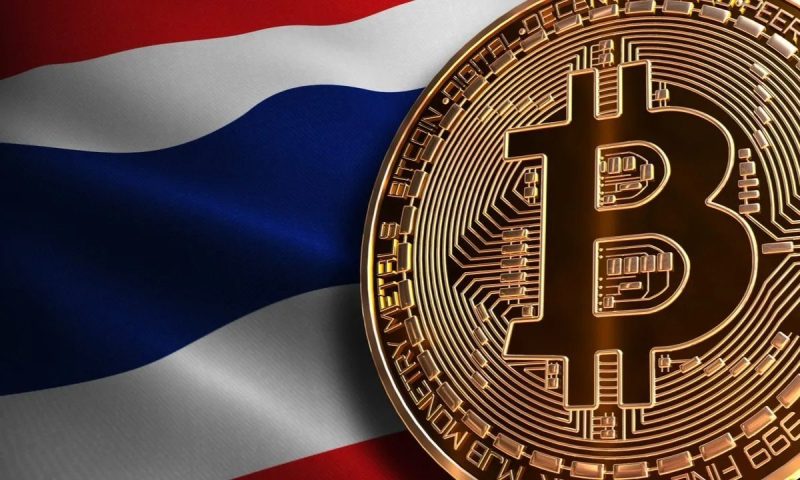Thailand’s former prime minister, Thaksin Shinawatra, has proposed the legalization of stablecoins and online gambling to enhance the nation’s economy and encourage innovation. He argued that stablecoins, backed by tangible assets, present minimal risks if properly regulated.
Thaksin highlighted that the Thai government could generate almost $4 billion (100 billion Thai baht) annually by taxing online gambling. Speaking at an event on January 13, he urged authorities to act quickly, as reported by Reuters. This statement followed the cabinet’s approval of the Entertainment Complex Business Act, a draft law that aims to legalize casinos and entertainment complexes while bringing underground gambling into the regulated economy.
Political Influence and Revenue Potential
Though no longer in office, Thaksin’s political influence remains strong, with his daughter, Paetongtarn Shinawatra, serving as Thailand’s prime minister. He pointed to Singapore’s success in legalizing gambling, which boosted tourism and gross domestic product (GDP), as a model for Thailand to follow.
The bill must still be approved by the House of Representatives before becoming law, with no deadline currently announced. Thaksin also detailed the potential financial impact of regulating online gambling, estimating that there are 2 to 4 million Thai users, with combined savings of 300 billion baht and annual gains and losses of 500 billion baht. A 20% tax could generate more than 100 billion baht per year for the government.
Thaksin proposed a “passport-style” access system to monitor users and ensure responsible gambling.
In addition to online gambling, Thaksin advocated for the adoption of stablecoins, which he described as low-risk due to their asset backing. He suggested that regulating stablecoins could help modernize Thailand’s financial system and position the country as a leader in the cryptocurrency space.
